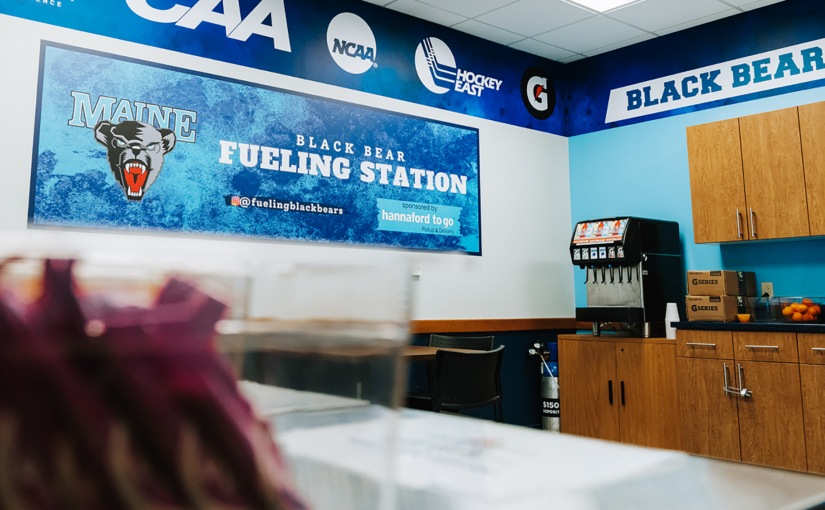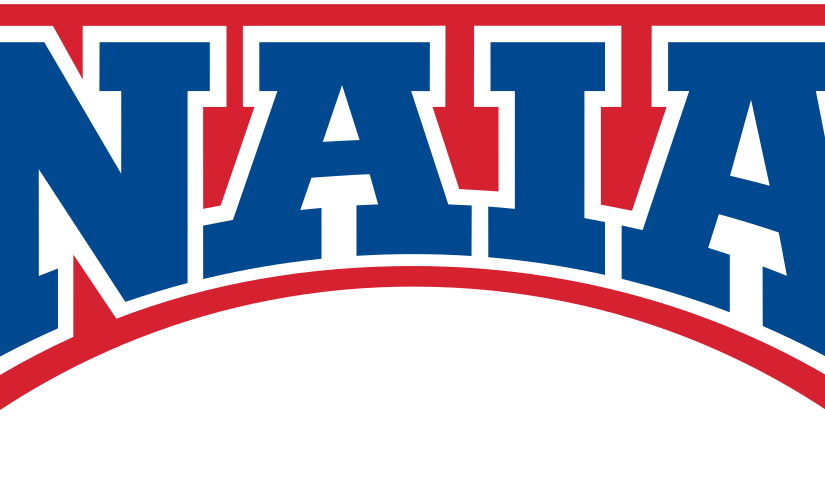Towson University A.D. Defends Suspending Player
http://www.lehighvalleylive.com/lehigh/index.ssf/2011/12/towson_athletic_director_mike.html
After the NCAA suspended Lehigh University junior wide receiver Ryan Spadola for one game, there were a lot of fingers being pointed at Towson University.Towson athletic director Mike Waddell believes the blame is unjust and unnecessary.
Prior to the Football Championship Subdivision second-round game between the Mountain Hawks and Tigers on Dec. 3, Spadola, from Howell, N.J., used a racial slur on Twitter when exchanging messages with a former Freehold Township (N.J.) High School teammate.
Waddell said he read about the inappropriate tweet on an FCS message board and emailed Lehigh athletic director Joe Sterrett around 8 a.m., some seven-plus hours before kickoff.
“The only thing I did was make Joe aware of it,” Waddell said. “He sent me back a note saying he’d discuss it with his head coach (Andy Coen). I made him aware of it and that’s about it.
“This really has nothing to do with us. It was disappointing people were trying to pin this on us. It’s not like we outed the thing.”
Spadola, an All-American who led Lehigh with 1,614 yards and 11 touchdowns on 96 receptions, was forced to miss Saturday’s 24-0 quarterfinal loss at North Dakota State after the NCAA released their decision last Thursday.
Waddell said not only was the tweet made public on the student-athlete’s Twitter account — which has since been deleted — and the message board, but he said an NCAA championship committee was present at Lehigh’s 40-38 victory over Towson and became aware of the situation.
Sterrett confirmed the representative was Delaware State athletic director Derek Carter.
During the postgame press conference, Coen addressed the incident for the first time, saying he was made aware of it earlier that day and would handle the situation when Lehigh returned to campus.
“The NCAA doesn’t have the time nor staff to be policing the internet,” Sterrett said. “The reason the NCAA heard about it was the question was asked in the postgame press conference. They called on me Sunday — and I wasn’t surprised they did — to hear our side: how we heard about it and what we did.”
That day Spadola apologized to his teammates, coaches and the university and emailed a letter to Towson, according to Sterrett. Spadola issued a statement on Thursday after being suspended.
Waddell said he was also contacted by the NCAA.
“The NCAA called me and asked me how we found out about it,” Waddell said. “They didn’t ask me my opinion or anything like that. I’m sure there were people who knew about this on Friday night.
“The first time I found out, I let my coach (Rob Ambrose) know and let their AD know. I didn’t want Joe (Sterrett) to get sideswiped. I don’t get paid to worry about kids from the other team, but I always do a professional courtesy to let another AD know about something.”
Sterrett, who said he appreciated Waddell’s professionalism in contacting him, said Lehigh had to submit the proper information on the incident to the NCAA by Monday afternoon (Dec. 5). There was a conference call the next evening letting him know of the preliminary decision.
“We did appeal it and shared our concerns about the young man; that was the real focal point of the appeal, to protect him in the best way as possible from psychological and maybe even physical harm,” Sterrett said. “You don’t know how people are going to react. We appealed it and they upheld the decision of the committee.”
Sterrett confirmed Spadola was allowed to travel to Fargo, N.D. and was even granted access to the coaches’ box to avoid having to sit in the stands.
Spadola met with Sterrett on Thursday night prior to the North Dakota State game and told him he didn’t want to be a distraction and he planned to stay on campus.
“I was texting him throughout the game to see how he was doing and to make sure he was OK,” Sterrett said. “He took it really hard. He knew it was wrong and acknowledged all of that.”
After the incident, Waddell sent out Towson’s guidelines on social media as a reminder to his student-athletes.
“Even if they protect their tweets and have a private Facebook account, they shouldn’t be going out and saying stupid stuff,” Waddell said. “I tell our kids, ‘If you don’t want it on the front page of newspapers, don’t put it out there.’
“It’s a useful communication, but it depends on what you put on it. It’s scary in one sense, but nobody made you do anything. No one made you create an account.”







